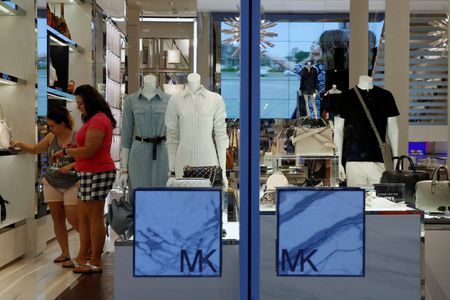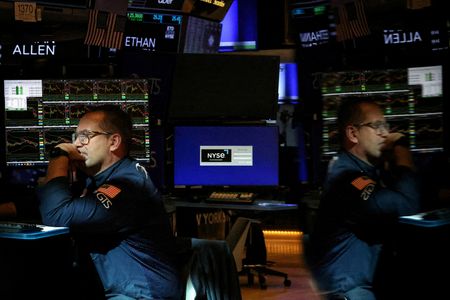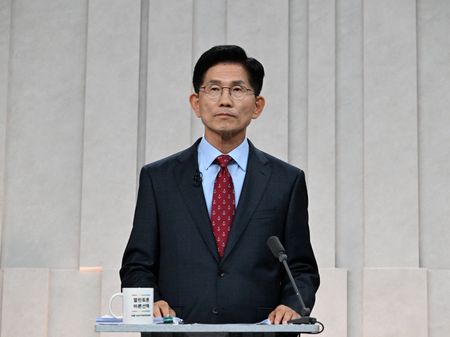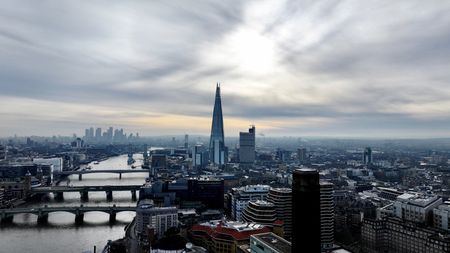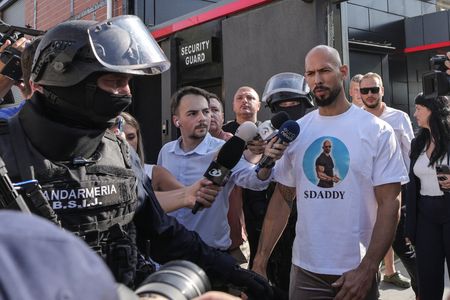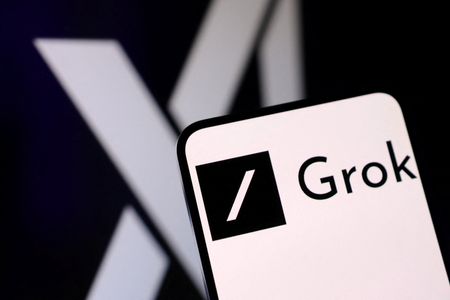By Savyata Mishra
(Reuters) -Capri Holdings said on Wednesday that it might selectively raise prices on leather handbags to cushion a hit from tariffs as the Michael Kors owner tries to revive sales at its core brand by undertaking an ambitious turnaround plan.
Tariff-related uncertainty has prompted a number of companies including Walmart , Nike and Ralph Lauren to consider price hikes in the coming months as they scramble to counter higher costs of trade.
Shares of the Jimmy Choo parent jumped 6% after the company topped fourth-quarter sales expectations and said that its net debt would be much lower following the completion of the Versace brand sale, which was expected to close this fall.
Capri has narrowed its focus on the Michael Kors fashion brand, while jettisoning the underperforming Versace label to Italian rival Prada following a failed attempt to merge with rival and Coach parent Tapestry last year.
At its largest Michael Kors brand, it aims to improve the retail stores through renovation and stabilize its wholesale revenue channel.
Capri, which sources about 5% of its U.S. products from China, is also relying on diversifying its supply chain and working with its suppliers to absorb tariff-related costs over this year.
However, a weakening consumer spending backdrop has led to cautious spending on high-end goods as shoppers worry over having to pay more in the coming months for all kinds of products, as tariff-related uncertainty weighs on global trade.
“We continue to see meaningful work that needs to be done, particularly at its largest brand, Michael Kors, which has recorded 10 consecutive quarters of revenue declines,” said Dana Telsey of Telsey Advisory Group.
Capri expects total annual revenue in the range of $3.3 billion to $3.4 billion.
The forecast, which excludes sales from the Versace brand, does not account for changes in global macroeconomic conditions, tariff rates, higher inflation or weakening consumer confidence, Capri said.
For the quarter ended March 29, revenue dropped 15.4% to $1.04 billion, compared with analysts’ average estimate of a 19.3% decline to $986.57 million, according to data compiled by LSEG.
It posted a loss of 30 cents per share on an adjusted basis, compared to estimates of a loss of 15 cents.
(Reporting by Savyata Mishra in Bengaluru; Editing by Anil D’Silva)

